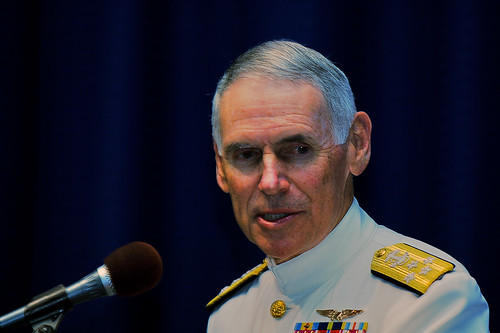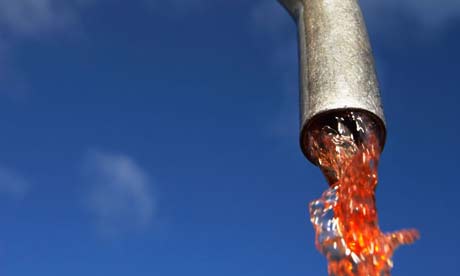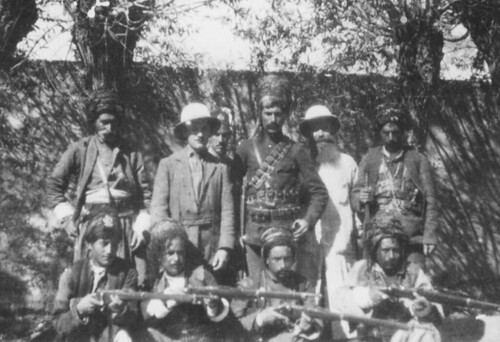
Thomas Friedman is such a ridiculous windbag. It's pretty clear that his Flat World puffery is out the window and one wonders why the Times/IHT would even trouble itself to publish anymore of his preposterous chindribble. Reading him three days late and three dollars short is a hoot;
I continue to be appalled at the gap between what is clearly going to be the next great global industry - renewable energy and clean power - and the inability of Congress and the administration to put in place the bold policies we need to ensure that America leads that industry.[...]If the old saying - that "as General Motors goes, so goes America" - is true, then folks, we're in a lot of trouble. General Motors' stock-market value now stands at just $6.47 billion, compared with Toyota's $162.6 billion. On top of it, GM shares sank to a 34-year low last week.I continue to be appalled that a pompous gasbag incapable of seeing the writing on the wall years ago that spelled the end of the era of cheap energy and globalization is still permitted to write about anything of consequence in public. When in the same paper we find the following treatment of increasing global balkanization and contraction;
That's us. We're at a 34-year low. And digging out of this hole is what the next election has to be about and is going to be about - even if it is interrupted by a terrorist attack or an outbreak of war or peace in Iraq. We need nation-building at home, and we cannot wait another year to get started. Vote for the candidate who you think will do that best. Nothing else matters.
“People are in a panic, so they are buying more and more — at least, those who have money are buying,” said Conching Vasquez, a 56-year-old rice vendor who sat one recent morning among piles of rice at her large stall in Los Baños, in the Philippines, the world’s largest rice importer. Her customers buy 8,000 pounds of rice a day, up from 5,500 pounds a year ago.The Food Chain Hoarding Nations Drive Food Costs Ever HigherThe new restrictions are just an acute symptom of a chronic condition. Since 1980, even as trade in services and in manufactured goods has tripled, adjusting for inflation, trade in food has barely increased. Instead, for decades, food has been a convoluted tangle of restrictive rules, in the form of tariffs, quotas and subsidies.
Now, with Australia’s farm sector crippled by drought and Argentina suffering a series of strikes and other disruptions, the world is increasingly dependent on a handful of countries like Thailand, Brazil, Canada and the United States that are still exporting large quantities of food.











































